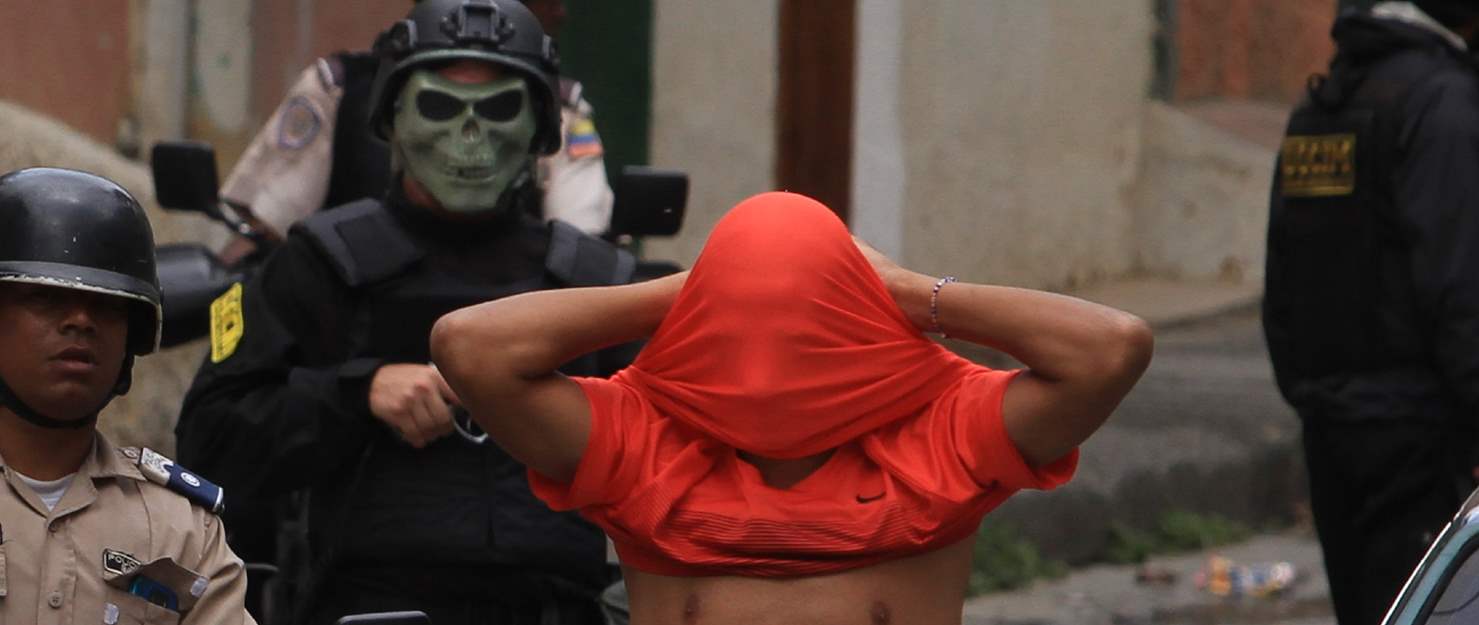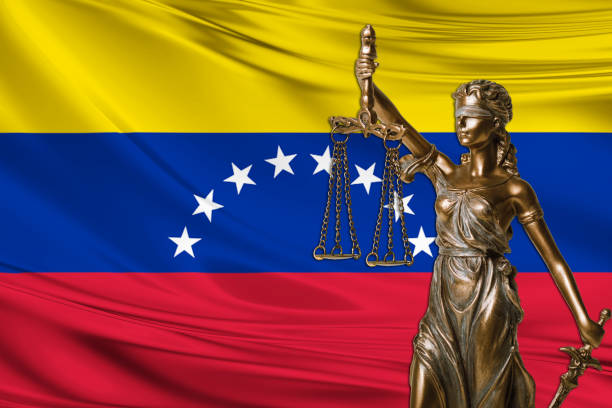Kenny Buyón, a Venezuelan returning home by foot, crossed the border between Peru and Ecuador early Sunday morning. It was the most appropriate time to avoid the eye of the military and police, who, he says, charge migrants about $ 15 to let them leave the country through clandestine trails.
The illegal practice is denounced by a group of Venezuelans. It is not just about paying bribes, those who venture to cross are exposed to multiple risks such as diseases, criminality, and accidents.
Border crossings are closed in Peru, as in several other countries, as a result of the COVID-19 pandemic. In the background, many Venezuelan migrants depending on jobs in the informal economy began to find themselves unemployed, a situation that forced them to return to their country or go to shelters.
Like many, Buyón was affected by the crisis unleashed by the coronavirus. After becoming unemployed and homeless in Lima, he decided to embark on a return trip to Venezuela with the only resource he has: his feet. On May 14, he met with 30 other compatriots in the San Martín de Porres district of Lima and split into small groups to ask for rides. Thus, a 15-day walk decreased to three by car.
In the past, Buyón had also called for the solidarity of drivers to get to Peru. Hence, this time he carefully prepared his travel itinerary, including security measures to avoid falling victim to accidents like that of a group of migrants hit by a car in Barranca, Lima, which left 3 dead and 5 injured on May 1. He also began guiding others who often stop at road tolls and wait for a ride on trucks, which generally go long distances. Thus, he managed to establish routes such as Ancón-Huacho, Huarás-Chimbote, and cross Peruvian regions such as Trujillo, Chiclayo, and Tumbes.
Backpack of a foot traveler
On the recommendation of other people migrating on foot, Buyón got to travel with a light backpack. To get around the long trips, they stocked up on canned tuna, crackers, and water. Buyón cannot afford protein because of his scarce resources.
They also tighten the protection measures against the COVID-19 pandemic. Many of them travel with alcohol, disinfectant gel, and face masks. They use the rest areas along the road to wash their hands.
The number of foot travelers may increase as the crisis deepens. Buyón is in a WhatsApp group made up of 300 Venezuelans who plan to return to the country by land. “The situation is critical because the pandemic is advancing and the Peruvians do not abide by the security norms. We have the right to nothing. We have to avoid getting sick and dying, “he says.
His two sons in Venezuela depend economically on him, but when he became unemployed he had no way to send remittances. He used to work in the construction sector, but he was not getting paid lately. When he left the room he was renting, he decided to sell some of his things and leave others to cover the rent. He was two months overdue, so he left his bed and a fridge to his tenants.
Buyón plans to get to the city of Quito and request a seat on a humanitarian flight at the Venezuelan consulate in Ecuador. But if he doesn’t get any help, he believes he will continue on his way alongside other migrants. Until now, he focuses on following his routes, taking shelter, and recommending other foot travelers not to be alone, staying connected, and paying attention to the places where they spend the nights during their journey, among other tips.




